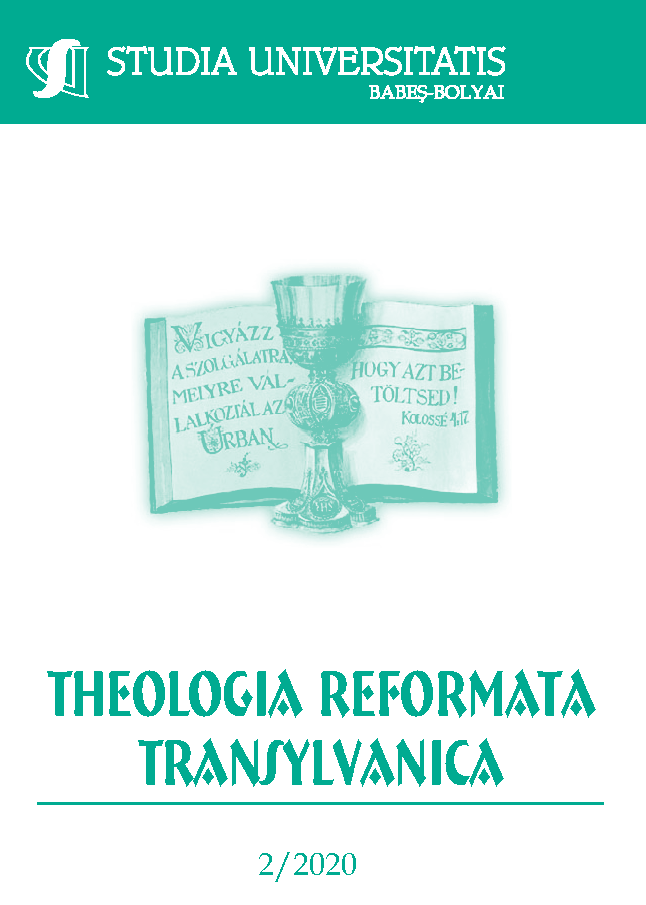Individual and Collective Identity between 1918 and 2018
DOI:
https://doi.org/10.24193/subbtref.65.2.14Keywords:
individual, modernity, collective identity, hyper consumption, leaving modernity.Abstract
At the beginning of the twentieth century, nationality was the most important element of collective identity, but it already heralded an era of decline of this collective identity. The assertion of the individual and of their rights as well as the disappearance of the seduction exercised by the great ideals brought two great challenges: What is the principle of solidarity (collective identity) according to which a community is organized? How can societies with a diluted collective identity meet non-conflictingly with those with a strong collective identity? The answers are still to be discovered; we only have reference points. What we can say for sure is that it is very tempting to revert to the former strong collective identity, but it only generates bigger issues than the ones it seems to solve. We consider that the care for the only available world, the reflective assumption of options of collective identity that were previously self-evident, the cultivation of “capillary” ties between individuals with different collective identities and defining a public space meant to develop the specificity of the individual, without breaking the solidarity of the community, are among the landmarks that indicate the direction of the answers to the challenges mentioned above.
References
BAUMAN, Zygmunt (2000): Etica postmodernă. Timisoara, Amarcord.
DAGENAIS, Daniel (2000): La fin de la famille moderne – significations et transformations de la famille moderne. Presse de l’Université Laval.
LIPOVETSKY, Gilles (1983): L’ere du vide. Paris, Gallimard. (1992): Le Crépuscule du devoir. L’éthique indolore des nouvelles temps démocratiques. Paris. Gallimard. (2007): Fericirea paradoxală. Iasi, Polirom.
LLOSA, Mario Vargas (2019): Chemarea tribului. Bucharest, Humanitas Fiction.
LYOTARD, Jean-François (1979): La Condition postmoderne: rapport sur le savoir. Paris, Les Éditions de Minuit.
TALEB, Nassim Nicholas (2010): The Black Swan. New York. Random House.
TAYLOR, Charles (2003): The Ethics of Authenticity. Harvard University Press.
Downloads
Published
How to Cite
Issue
Section
License
Copyright (c) 2020 Studia Universitatis Babeș-Bolyai Theologia Reformata Transylvanica

This work is licensed under a Creative Commons Attribution-NonCommercial-NoDerivatives 4.0 International License.



